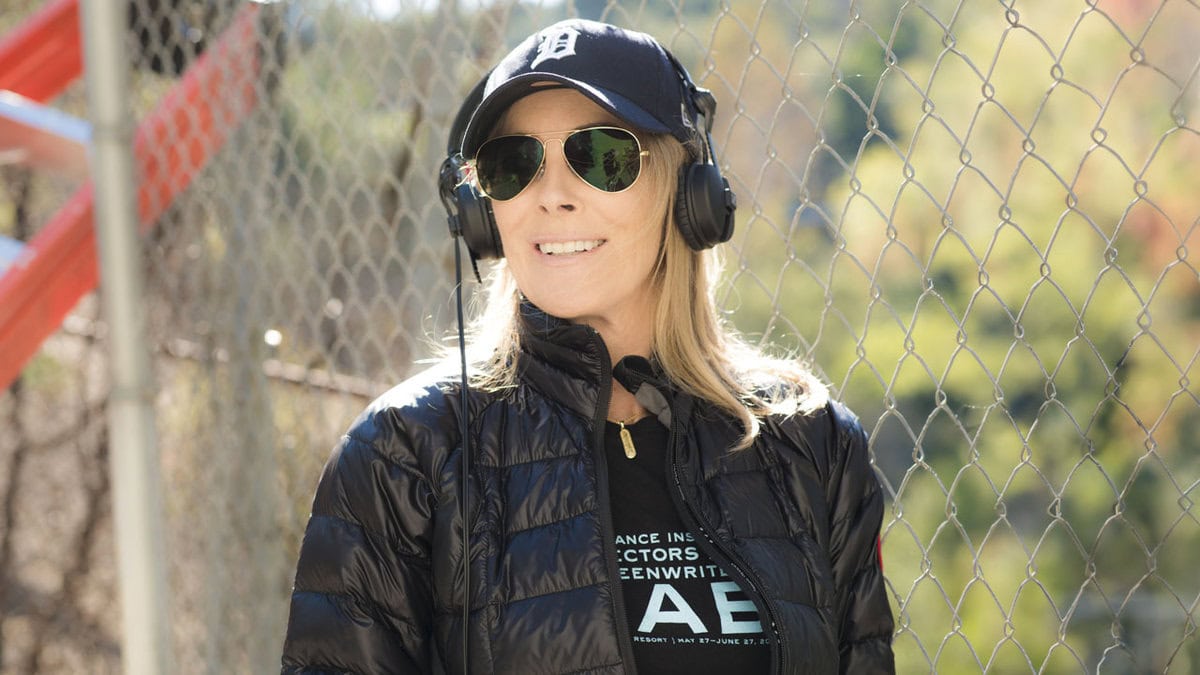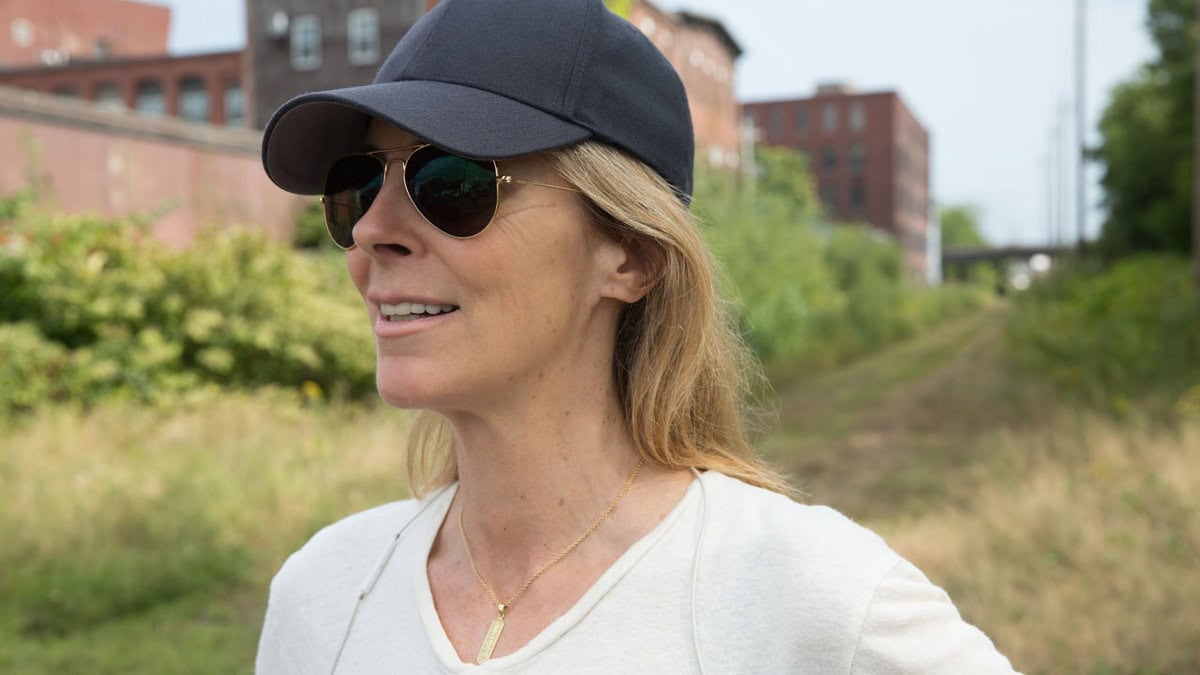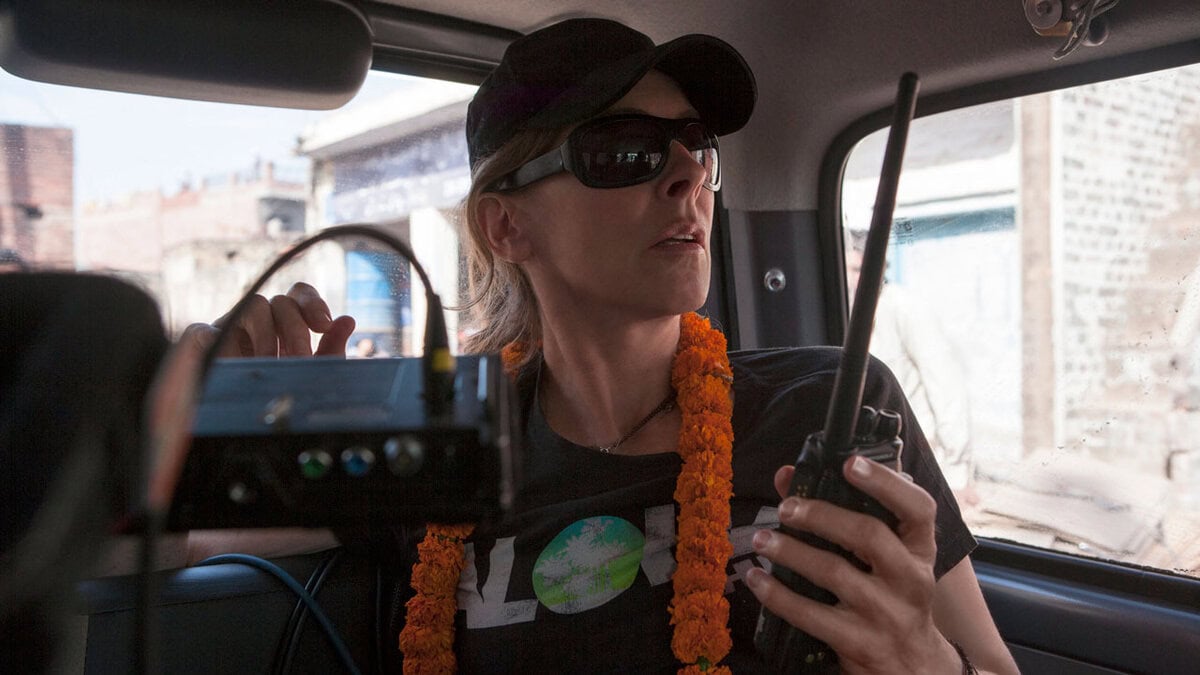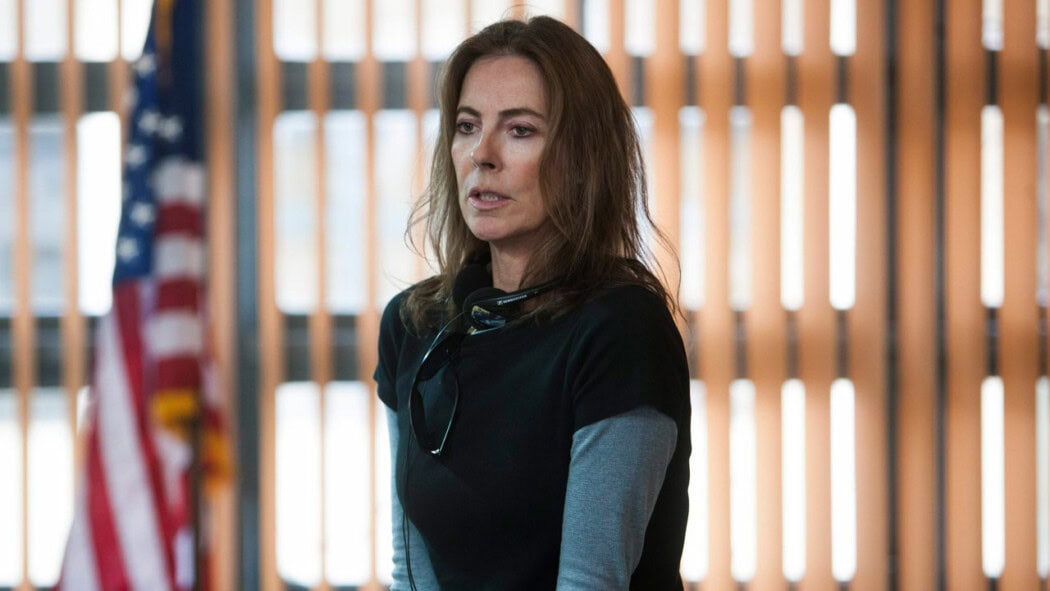In a surprising turn of events, Netflix has decided to cancel Kathryn Bigelow’s much-anticipated movie project Aurora, a decision that has caused a stir among cinephiles and industry insiders alike (via The New York Times).
The Oscar-winning director, renowned for her compelling narratives and cinematic mastery in films like The Hurt Locker and Zero Dark Thirty, was set to bring her unique vision to the streaming giant’s portfolio.
However, amid strategic shifts within Netflix’s content development priorities, Bigelow’s Aurora has been abruptly shelved.
This cancellation is part of a broader move by Netflix to pivot towards projects that promise broader audience appeal, possibly at the expense of the more artistic, auteur-driven films that have punctuated its offerings in recent years.
This shift has raised concerns about the future of innovative filmmaking on the platform, which has been a significant player in the original content arena.
The End of Aurora

Credit: Netflix
READ MORE: When Will Lupin Season 4 Be Released On Netflix?
Behind the Cancellation of Kathryn Bigelow’s Project
Aurora promised to be a vibrant addition to Bigelow’s directorial portfolio, melding intense storytelling with rich visual aesthetics.
However, details gleaned from industry sources suggest that Netflix’s decision to cancel the project stemmed from a strategic redirection under the leadership of Dan Lin, the new chief of content.
Lin’s approach appears to favour commercially viable projects that are more likely to secure widespread viewer engagement over niche, director-focused films that may not hit mainstream metrics of success.
Implications for Auteur Cinema on Netflix
The cancellation of Aurora signifies a potentially worrying trend for auteur filmmakers who have found a home on Netflix in recent years.
Directors like Martin Scorsese, David Fincher, and others have enjoyed the creative freedom to explore unique narratives that might not have found backing within the traditional studio system.
Kathryn Bigelow’s exit, coupled with the recent rejection of a film pitch by David Lynch, suggests a shifting landscape that could see fewer risks and more formulaic content aimed at mass appeal.
Broader Industry Impact

Credit: Netflix
READ MORE: Parasyte: The Grey Season 2 On Netflix: Renewed Or Cancelled?
Netflix’s Strategic Shift and Its Consequences
Netflix’s strategy to shift towards more mainstream projects reflects broader industry trends where streaming platforms are increasingly pressured to produce blockbuster hits that justify their investment.
This shift could dilute the diversity of content that platforms like Netflix are known for, potentially stifling creative risk-taking and innovation in the digital cinema space.
Reaction from the Film Community
The decision to axe Aurora has sparked a discourse within the film community about the balance between commercial success and artistic integrity.
Filmmakers and critics have voiced concerns that Netflix’s new direction might prioritise profitability over the artistic quality that has led to critical successes and a loyal subscriber base drawn by the platform’s reputation for supporting diverse filmmaking voices.
Final Thoughts on Kathryn Bigelow’s Netflix movie being cancelled

Credit: Netflix
READ MORE: Will There Be A Ripley Season 2 On Netflix?
The cancellation of Katheryn Bigelow’s Aurora by Netflix marks a significant moment in the evolution of content strategy for the streaming behemoth, reflecting a new era that may lean away from the auteur-driven projects that have defined much of its original programming.
While this may herald a new wave of blockbuster content designed to captivate a global audience, it also poses questions about the future of innovative storytelling and directorial freedom within the platform.
As the landscape of streaming continues to evolve, it remains to be seen how Netflix will balance its commercial imperatives with its role as a champion of cinematic art.
The hope is that even as the platform adapts to changing market dynamics, it will not lose sight of the bold, creative visions that have made it a critical darling in the world of film and television.
What do you make of this news?
Are you upset with Netflix’s decision to scrap Kathryn Bigelow’s film?
We’d love to hear your thoughts on this report.
You can stream Bigelow’s The Hurt Locker on Prime Video right now.
















